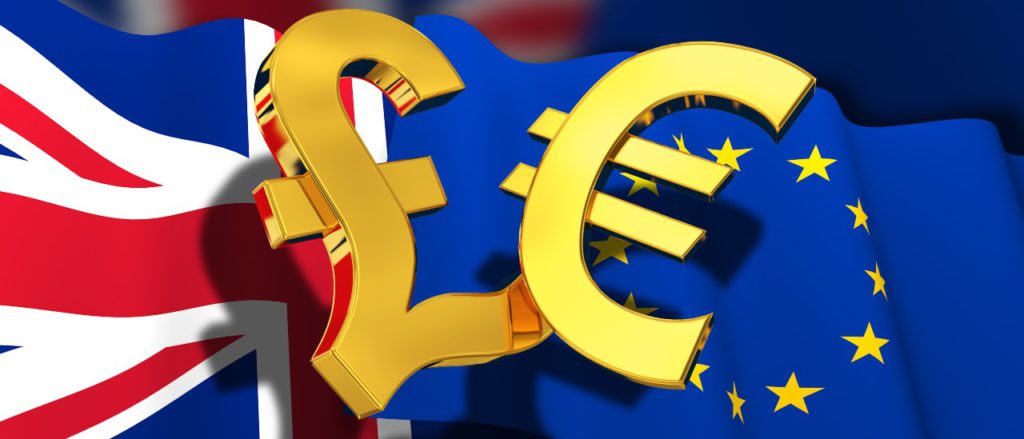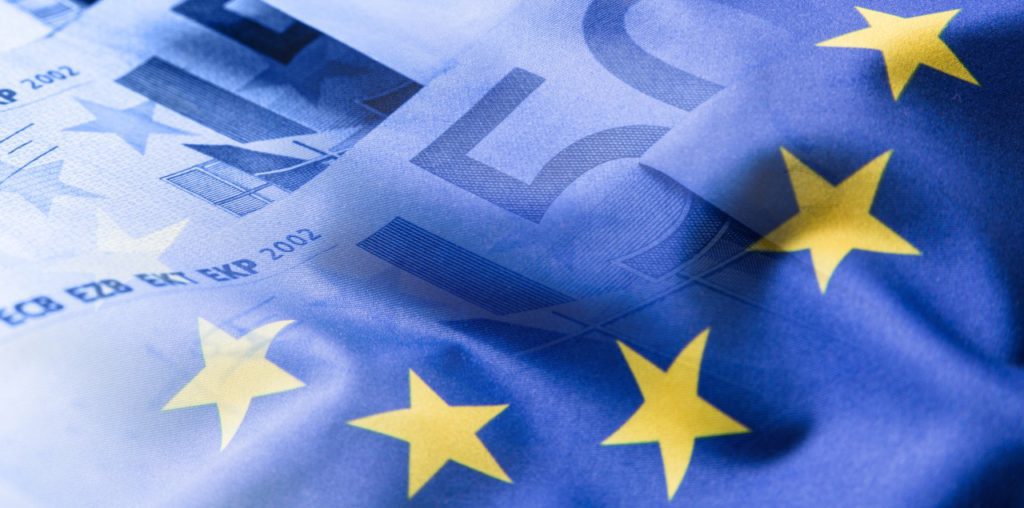Last Updated on August 6th, 2024
All the information you need about SEPA bank transfers.
In this guide, we take a look at what SEPA is, the countries included, how long a SEPA transfer takes and the information you’ll need to complete a SEPA transfer.
What is a SEPA bank transfer?
SEPA transfers are cross-border bank transfers of Euros.
The Single Euro Payments Area (SEPA) covers payments between EU countries as well as 5 other selected countries, one of which is the UK.
SEPA isn’t just for Euro-to-Euro transfers.
Even after Brexit, the United Kingdom has remained part of SEPA.
While most SEPA transfers involve only Euros, a SEPA transfer to the UK will require currency conversion from Euros to Pounds.
That’s the only difference.
The SEPA payment system makes cross-border transfers between European countries as simple as domestic transfers.
Because SEPA transfers are standardised, all banks and currency brokers will use them in some capacity to transfer money across Europe.
If you need to send money between the EU and the UK, we can help save you money on a SEPA transfer.
Which countries are included in SEPA?
33 countries are included in the SEPA area.
27 are existing members of the European Union which are:
- Austria
- Belgium
- Bulgaria
- Croatia
- Cyprus
- Czech Republic
- Denmark
- Estonia
- Finland
- France
- Germany
- Greece
- Hungary
- Ireland
- Italy
- Latvia
- Lithuania
- Luxembourg
- Malta
- Netherlands
- Poland
- Portugal
- Romania
- Slovenia
- Slovakia
- Spain
- Sweden
The other 6 countries that are participants in SEPA include:
- Iceland
- Lichtenstein
- Monaco
- Norway
- Switzerland
- United Kingdom
How long does a SEPA transfer take?
SEPA transfers to the UK normally take between 1-2 working days to be completed.
Whilst they’re usually painless and straightforward, it depends on the individual circumstances of the transfer.
Currency brokers will have their specific cut-off times for transfers.
SEPA cut-off times are usually just after midday.
It’s best to clarify the exact cut-off time with your currency specialist beforehand so you know when to expect the money to land in the beneficiary’s account.
SEPA payments aim to enable transfers to reach the recipient the next working day – as long as you transfer the funds before the broker’s cut-off time.
What information do I need for a SEPA Transfer?
SEPA transfers are the industry standard for transferring money within Europe, so you don’t need to do anything out of the ordinary.
To conduct your SEPA transfer you will need:
- Name of recipient (person or business)
- IBAN of their account
- Their BIC (Bank identifier code), also called the SWIFT code
- The country the bank account is registered in
- The currency you have, and the currency you’re converting to
How do I make a SEPA transfer? (Explained in 4 simple steps)
Once you have the information needed, these are 4 steps:
Step 1: ID check
ID checks are standard for all international money transfers. This ensures the transfer complies with anti-money laundering regulations.
It’s often a scan or photo of your passport and a recent utility bill.
Step 2: Secure an exchange rate
The exchange rate is a critical part of any international money transfer.
A SEPA transfer from Europe to the UK will involve a Euro to Pound exchange rate.
The general rule of thumb is that currency brokers are cheaper than banks when it comes to exchange rates.
Once you agree on an exchange rate, the rate is locked in for your transfer.
Step 3: Send in your money
The next part of the transfer is to send the funds to your currency broker.
Banks require you to send your funds before allowing you to lock in an exchange rate.
Currency brokers on the other hand can secure rates before receiving your funds.
Step 4: Money is converted and sent
When your funds are received, the currency conversion will take place, and the money is then sent to the recipient’s account.
How much does a SEPA transfer cost?
SEPA transfers are usually completely free if they are Euro-to-Euro transfers.
Otherwise, there is a tiny cost to each SEPA transfer, but these are so small they’re usually covered by the bank or broker.
It’s typically cheaper to make a SEPA transfer than a SWIFT transfer and the main cost comes from the exchange rate.
Exchange rates can differ hugely depending on which bank or currency broker you use.
Banks can have hidden margins of up to 4% on international money transfers.
A £100,000 transfer with a 4% margin would cost you £4,000.
Not quite the ideal fee-free option banks might have you believe.
Even with a SEPA transfer, you still need to make sure you shop around to find a provider with the best exchange rate.
Currency brokers typically offer much better exchange rates than banks.
As specialists, they can usually get much closer to the interbank rate you often see listed online.
What are the benefits of SEPA transfers?
The main benefit of SEPA transfers for you is that they are safe, and quick, and do not incur transfer fees.
Other types of international transfers, such as SWIFT, can incur fees on every transfer.
Because SEPA is a single, regulated system, you can transfer currency across Europe easily and with confidence.
The standardised SEPA system makes your international money transfer simple and efficient.
An added benefit for anyone working elsewhere in Europe is that SEPA allows you to pay and manage direct debits in your native bank account without hassle.
Different types of SEPA transfers
SEPA transfers cover three types of transactions:
- Credit transfers
SEPA transfers to the UK are usually credit transfers.
Over 20 billion SEPA credit transfers are made each year across Europe.
For individuals, SEPA transfers are likely to be one-off payments to single recipients.
However, bulk payments to multiple recipients are also possible through the SEPA payment network.
These can be advantageous for business transfers.
- Direct debit transfers
Direct debit transfers enable recurring cross-border payments within Europe and are usually done through your bank. Not dissimilar to a usual direct debit.
- Instant credit transfers
Instant SEPA credit transfers are a new initiative that can complete transactions in 10 seconds.
For an instant SEPA transfer, your transaction amount must be under €100,000 and both your currency broker and the recipient’s bank must have opted-in to using instant SEPA transfers.
It’s best to check with your broker whether instant SEPAs are possible.
Be aware, they will need to know the recipient’s account information to confirm this.
Rest assured though, the fastest payment option will be automatically selected.
Key Currency: A refreshing alternative
At Key Currency, we prioritise one-to-one service for currency transfers and assign you your representative.
You will be helped through the process from start to finish and offered timely guidance and exchange rate alerts.
We’ll help you make your transfer when the exchange rate is in your favour.
We’re also rated 5-star on Trustpilot, with over 2,500 reviews.
Key Currency is an FCA-regulated Authorised Payment Institution (No. 753989), and all money transfers are conducted through safeguarded client accounts.
If you would like to know our latest Euro rates, please request a free quote below.


